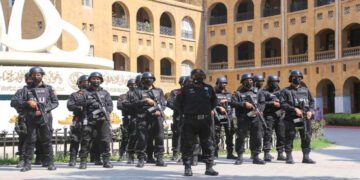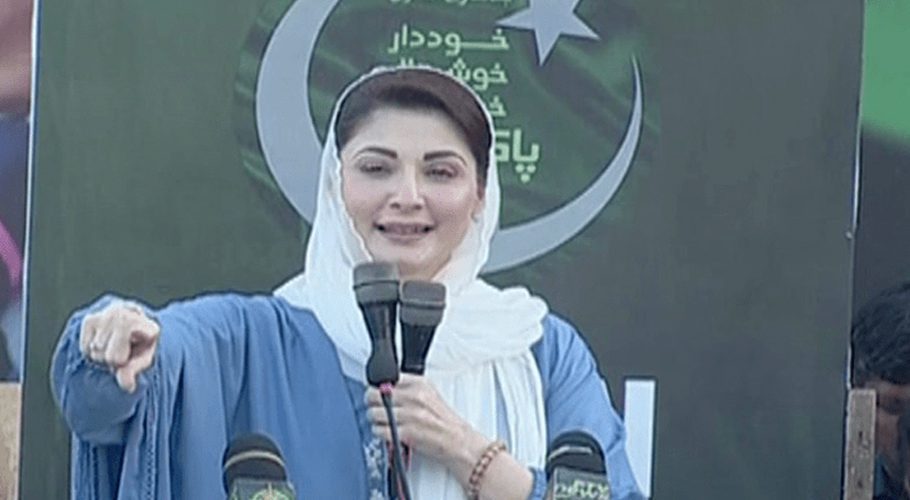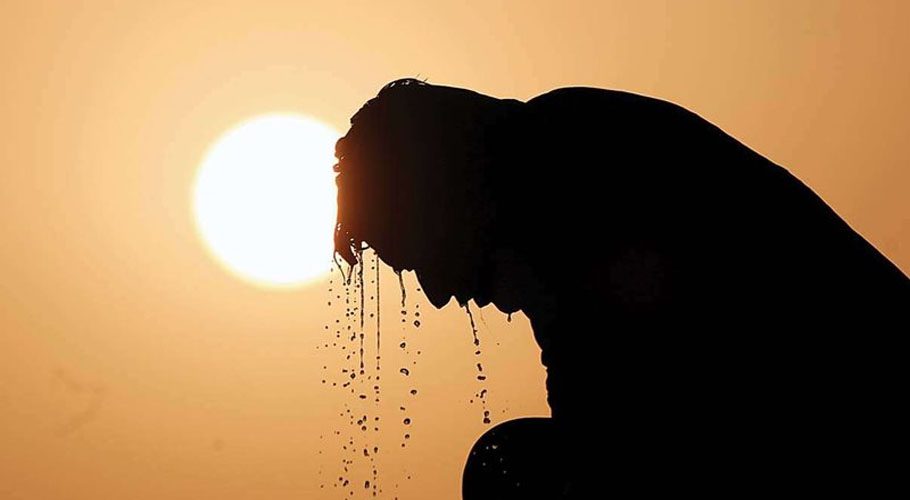![]() Follow Us on Google News
Follow Us on Google News
ISLAMABAD: While issuing notices to the attorney general of Pakistan (AGP) and others in the suo moto case related to the delay in holding polls in Punjab and Khyber-Pakhtunkhwa (KP), the Supreme Court (SC) on Thursday said that it will not tolerate the violation of the Constitution.
A nine-member larger bench headed by Chief Justice of Pakistan (CJP) Umar Ata Bandial began hearing the matter of the delay in holding polls in the two provinces on Thursday.
The larger bench includes Justice Ijazul Ahsan, Justice Muneeb Akhtar, Justice Mazhar Ali Naqvi, Justice Muhammad Ali Mazhar, Justice Yahya Khan Afridi, Justice Mansoor Ali Shah, Justice Athar Minallah and Justice Jamal Khan Mandokhail.
During the hearing today, the judge said that the SC had three matters to look into, adding that it has to see who has the authority to give the election date after the dissolution of the assemblies.
The CJP said that a suo motu case was taken due to a number of factors.
He further said that the top court will not tolerate the violation of the Constitution. “If there is a very serious situation, the time for elections can be extended. But we have to see if the Constitution is being implemented.”
Justice Bandial said the court wants the implementation of the Constitution, adding that after President Alvi’s announcement of the election date, the situation has changed.
The CJP further said that elaboration was needed on the issue of elections.
Last year, PTI chief Imran Khan had announced that his governments in Punjab and Khyber Pakhtunkhwa would dissolve their assemblies to pave the way for fresh elections. This was eventually achieved last month. However, delays over KP and Punjab polls remain. As per law, the Election Commission of Pakistan is bound to hold elections within 90 days of an assembly being dissolved.
On Monday, President Dr Arif Alvi had announced that elections will be held on April 9.
On Wednesday, the CJP took suo moto notice of the issue.
“It appears that subsequent to certain correspondence initiated by the President of Pakistan with the Election Commission, the President has taken the position that it is he who has the authority and responsibility for appointing a date for the general elections, in terms as provided in section 57(1) of the Elections Act, 2017,” he noted.
The chief justice observed that the issues raised require immediate consideration and resolution by this Court as several provisions of the Constitution need to be considered, as also the relevant sections of the Elections Act.
Discussing the doubts in the case, Justice Minallah noted that the first question would be if the assembly was dissolved under the Constitution or not. “The second is whether the assembly should also look at Article 184(3) of the Constitution,” he added.
Justice Syed Mansoor Ali Shah questioned if the assemblies could be restored if they were dissolved without reasons in violation of the Constitution.

























